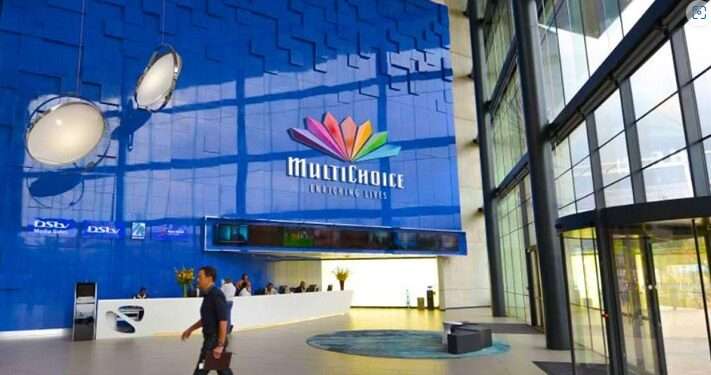A leading African Pay-TV operator, Multichoice Group, has reported a significant decline in revenue from its Nigerian operations.
According to the company’s audited report for the year ended March 31, 2025, the Nigerian business lost 1.4 million subscribers over the past two years.
The financial report reveals that subscription revenue from Nigeria plummeted to $197.74 million (approximately ZAR3.5 billion) for the full year ending March 2025, down from $355.93 million (around ZAR6.3 billion) in the corresponding period of 2024.
Why the loss?
Several economic challenges have significantly impacted Multichoice Nigeria’s financial performance, some of which are:
- High Inflation Rates: In April 2025, inflation rate in Nigeria decreased to 23.71%, representing a 9.99% decline year-on-year from 33.69% in April 2024, which has reduced disposable income making it difficult for consumers to afford premium TV series.
- Currency Devaluation: The depreciation of the Nigerian currency with a 44% crash contributed to the decline.
- Power Grid Collapse: With a record of national grid collapse 11 times in 2024, and recent failures in November 5th and 7th, consumers have experienced an intensified interruption in power supply.
- Fuel Scarcity: There has been an increasing hike in the cost of fuel, with a petrifying scarcity, which led to reduced power generation for consumers.
- Rising Competition from Streaming Services: Report has it that MultiChoice Nigeria lost 243,000 subscribers between April and September 2024, due to a rising competition from other affordable streaming options as consumers opt for cheaper alternatives.
How to retain subscribers
- Introduce flexible pricing options
- Diversify content options
- Partner with local content creators
- Invest in digital infrastructure to offer uninterrupted streaming experience.
About MultiChoice Nigeria
MultiChoice Nigeria, launched in 1993, is a pay-TV service provider that illuminates entertainment and empowers communities.
It is a joint venture between MultiChoice Africa and Nigerian businessman, Adewunmi Ogunsanya.
It has grown to employ over 1000 staff members and launched Nigeria’s first digital satellite broadcasting service.
Its primary platforms, DStv and GOtv offers wide range of entertainment options in Nigeria local languages.





